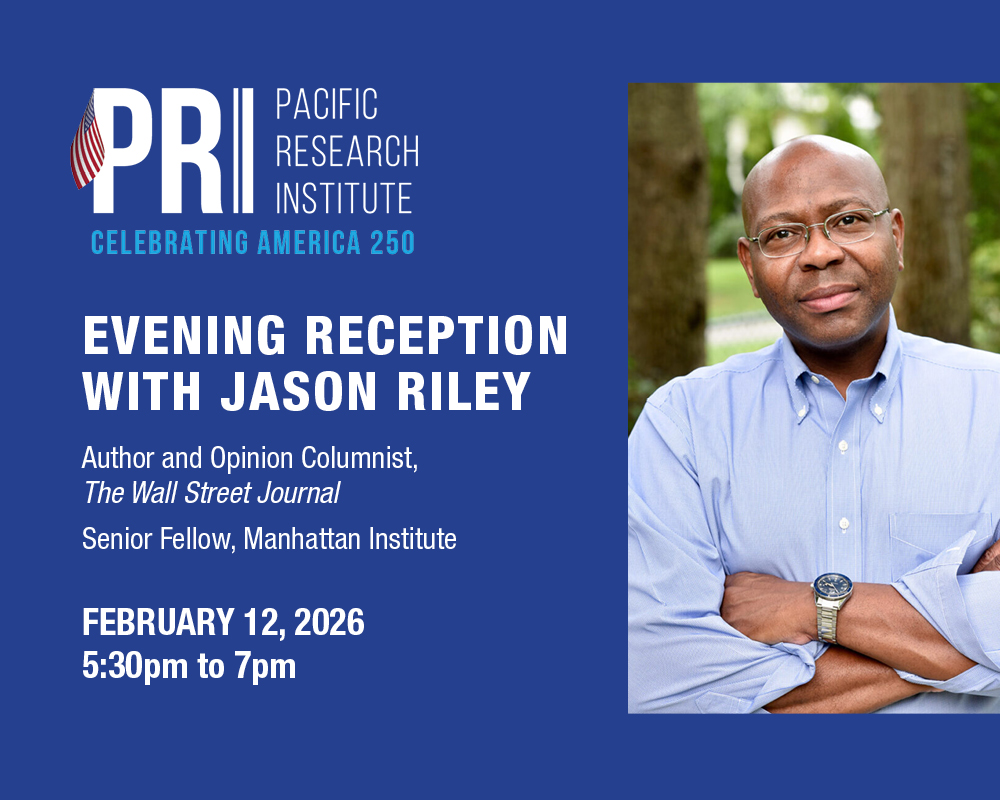SACRAMENTO – CalPERS – which adheres to a politicized Environmental, Social, and Governance (ESG) agenda – is generating lower returns in its investment strategies compared to a more typical investment strategy, finds a new brief released today by the Pacific Research Institute, a non-partisan California-based free market think tank.
CalPERS generated a 10-year average annual return of 7.1% through June 30, 2023. By comparison, PRI’s research shows that a typical diversified investment portfolio of 60 percent stock investments, 20 percent U.S. Treasury bonds and 20 percent corporate bonds would have returned 7.9% average annual returns over the same period.
“As our report shows, there are legitimate concerns that CalPERS’ political views are conflicting with its fiduciary responsibilities. By adhering to ESG and other politicized investment strategies, CalPERS is securing lower returns while setting up financial roadblocks to future strong returns,” said Dr. Wayne Winegarden, PRI senior fellow in business and economics and the brief’s author. “Ultimately, it is retirees and taxpayers who bear the risks from the underperformance we’re seeing from CalPERS’ politically driven investment strategies.”
The Department of Labor has said of private pension funds that their primary responsibility is to act “solely in the interest of participants and beneficiaries and for the exclusive purpose of providing benefits and paying plan expenses.”
CalPERS claims that its commitment to invest $100 billion in “climate solutions” by 2030 promotes its financial responsibilities. The numbers, however, tell a different story. As PRI’s research shows, CalPERS has earned sub-par returns both in the short and long-term, raising questions that they are acting to promote political biases rather than encouraging investment opportunities that offer diversification and higher returns. In addition to questionable investment decisions, CalPERS is also engaged in ideological battles with its shareholder activism, such as the recent push opposing ExxonMobil’s current board and chairman over a twice-defeated shareholder resolution on emissions. In effect, it was asking Exxon for a third time to act on climate change that a majority of shareholders had twice voted down.
Winegarden’s calculations, based on Pensions and Investment and other data, show that:
- CalPERS ranked 67 out of 83 major public pension funds for the fiscal year ending June 30, 2023.
- Comparing returns through the fiscal year ending June 30, 2024, CalPERS’ current year returns (9.3% versus 22.6%), five-year returns (6.6% versus 16.5%) and ten-year returns (6.2% versus 11.3%) ranked lower than S&P 500 returns in every instance.
Its politicized investment strategy is especially troubling given the latest figures showing that CalPERS has just 72% of the funds on hand required to meet its full retiree benefit obligations as of June 30, 2024.
A previous PRI study by Winegarden estimated that the states entire unfunded public pension obligations were close to $1 trillion using a more honest accounting method.
“The worse CalPERS’ performance, the larger the state’s public pension crisis will be,” Winegarden said. “With taxpayers ultimately on the hook to cover these shortfalls, retirees will have to make up the difference through an implicit tax that could run into the billions of dollars. That’s why it is so important for CalPERS to meet its most important social responsibility and maximize shareholder returns, to guarantee our promise to retirees without imposing huge costs and taxes on taxpayers.”


